Preface
How can we define health? Ever tried to take a stab at it? I attempt to define fitness and geek here because they appear in the title. But it seems health is a mlange of a lot of thingsgenes, lifestyle, a feeling of being safe and in chargenot all of which we can put a finger on.
We tend to grope around in defining good nutrition and health. We can be too reductionist in our view of whos healthy or whether we are healthy, claiming that nutrition is 90 percent of health, or that we have achieved some perfect biomarker like total cholesterol after six tests at the doctors office, so therefore we must be healthy. Or maybe we find out our telomeres are resilient and hanging in there, or we take a long survey on the Web, and the results pat us on the back and suggest well live to be one hundred. Many of these things seem like feel-good, almost delusional exercises. So much about health is mysterious, yet to be discovered, and may never be discovered. I like that aspect of it, because it leads to more experimentation. Maybe your own ideas about how to stay healthy havent been refuted yet.
This doesnt mean that you cant aim for health, particularly if your current strategy has you waking up in the morning most days feeling pretty good. Thats where my fitness and geek definitions come in.
This is a book about fitness and nutrition for the independent of spirit and irrepressibly curious. The reason I have cleaved nutrition off from the general rubric of fitness is that, even though eating well (and the book will try to define that too) is part of being fit, we usually think of fitness as being an aspect of physical culture.
Fitness implies an underlying assumption of physical health. The Oxford American Dictionary defines fitness as the condition of being physically fit and healthy. This book will discuss fitness in respect to becoming a physically stronger person and aging as well as we can. It will not advocate achieving a level of fitness, say, for a particular sport that undermines health in the process, which can actually be pretty common among all our popular extreme sports.
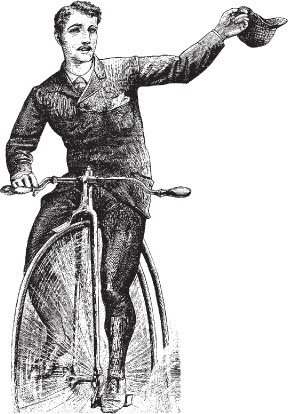
Mea culpa : Ive done a few things in my life that some might consider extremelike a five-hourplus triathlon and a little mountaineering, mostly guidedbut I would not claim that I was pursuing fitness during these adventures (I was fashioning unforgettable memories, and sometimes raising money for charity), and therein lies the difference. Since a good part of this book is about the latest and greatest gear that people are using for self tracking , speaking of extreme, I must pay homage here to the wonderful GoPro HD Hero helmet cams, which are tracking devices in their own right and have captured simply amazing outdoor videos for YouTube, such as that of a skier in the Alps being buried and dug out of an avalanche, and another skier launching off a cliff, unfurling a parachute, then watching an avalanche crash off the cliff behind him. Now thats personal tracking.
METs Anyone?
I will attempt to define fitness in terms of energy outputthis book mentions metabolic equivalent of task , or MET, a number of times. This is a simple numerical index of the energy a person outputs during the day. So, fitness is the ability to not only have the requisite energy to get through your daily tasks, but to be intermittently capable of a high-intensity energy effort: a higher than typical MET, like lifting a heavy weight, jumping high, or running fast, relative to your age and circumstances.
We might even aspire to a more brass-tacks definition of fitness, which also comes from Oxford-American : the biological angle, an organisms ability to survive and reproduce in a particular environment. You want to aspire to a level of fitness that allows you to thrive in your environment and be reasonably free of serious chronic illness. In this books discussions of food, exercise, sleep, rest, meditation, hormesis, and other issues, I hope upon hope that readers can mine a few nuggets of information that help them survive...in a particular environment.
The Food Angle
I like Boston Marathon winner Jack Fultzs see food dietsee food and eat it (see for an interview with him)for its simplicity. Eating in the modern world is anything but simple these days. The act of eating has been completely medicalized, and has become sociopolitically militant to boot. The vegans are hurling pies (nondairy, of course) at the meat eaters, the vegetarians are aiming online flames at the omnivores, and the raw foodists are, well, refusing to cook anything.
, I spend a fair amount of time with the ancestral-health meme, or paradigm, that has worked its way through Western culture and among science and nutrition circles during the last few years.
The Mashed-up Ancient Angle
Humans spent hundreds of thousands of years moving around a lot outside, sleeping fairly long hours by the solar clock, and eating lots of plants and animal foodsand we carry largely the same software code inside ourselves today (human genes) as humans did back then. The closest approximations to an ancient person now are contemporary hunter-gatherers like the Maasai or the Hadzabe in East Africa, and they tend not to get our diseases.

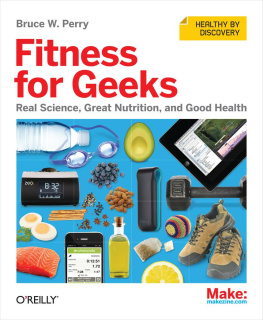
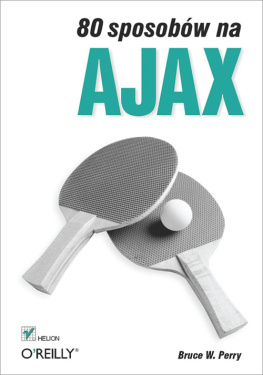
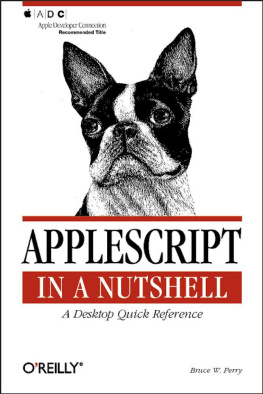
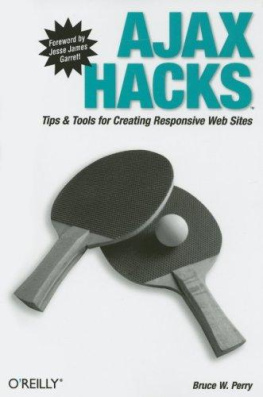
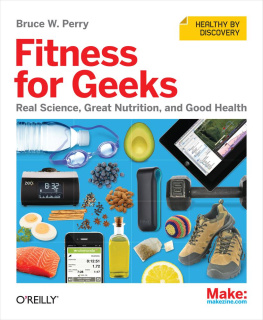
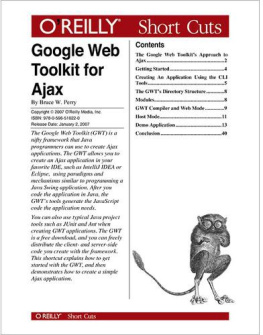

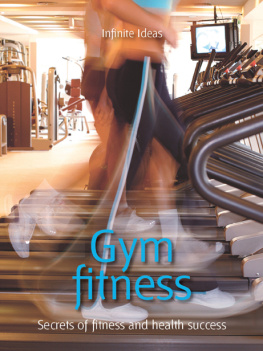
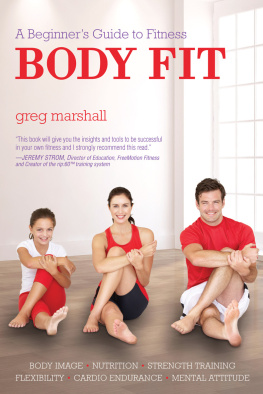
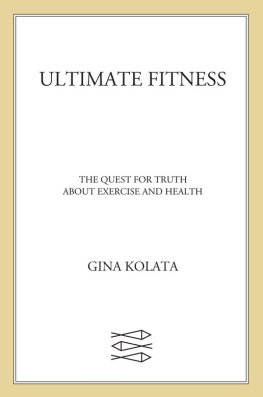
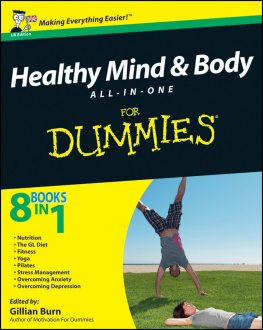
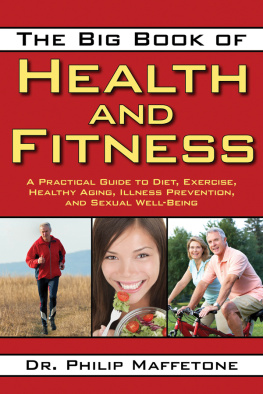
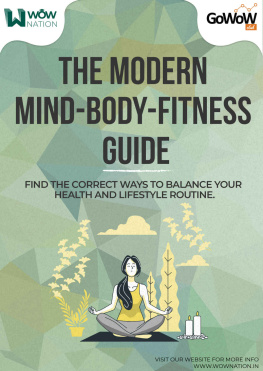
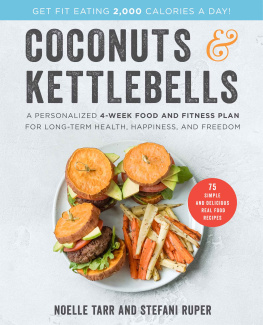
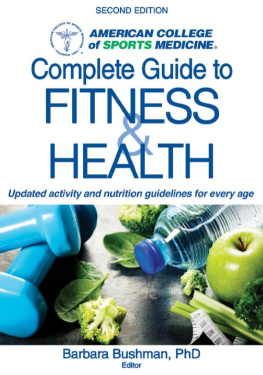
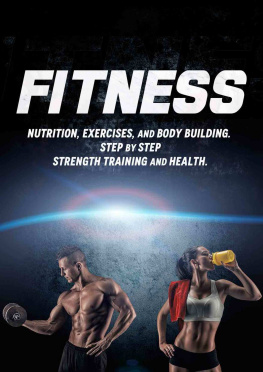
 This book uses Otabind, a durable and flexible lay-flat binding.
This book uses Otabind, a durable and flexible lay-flat binding.
